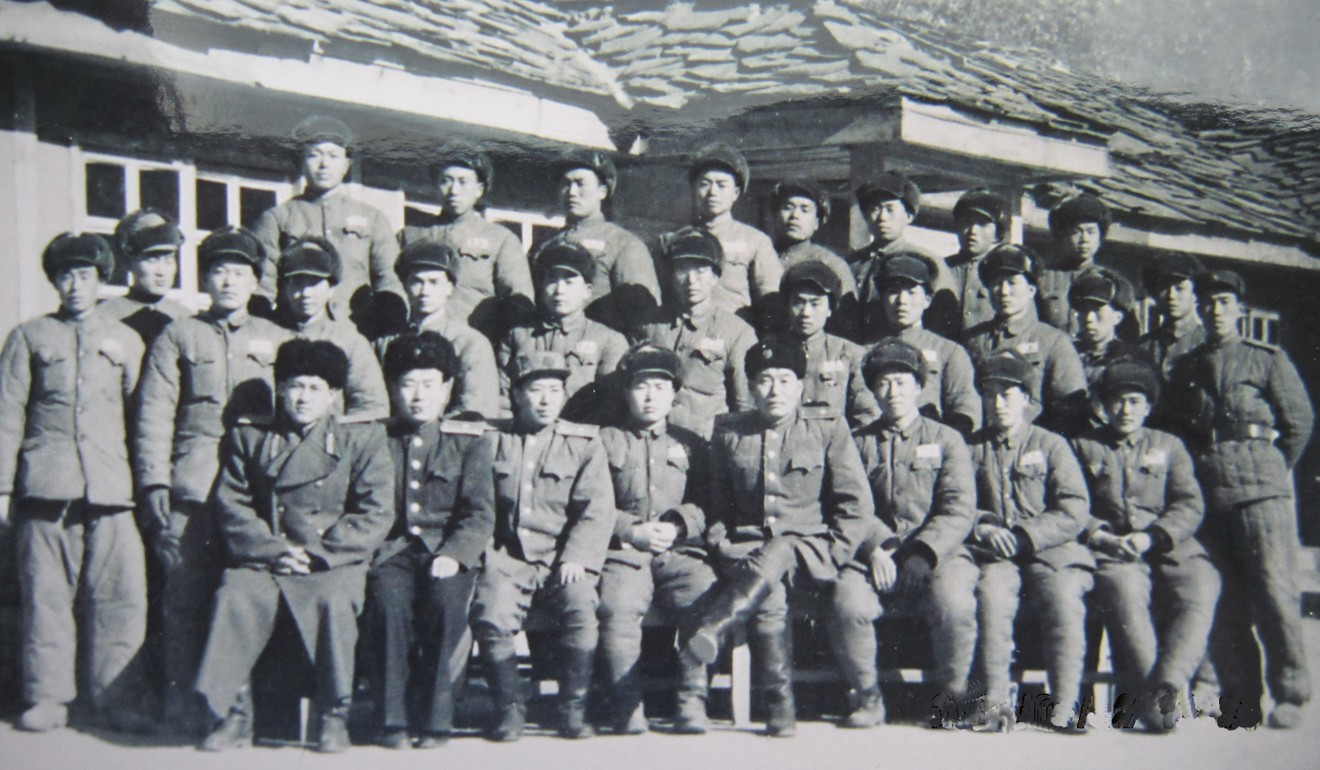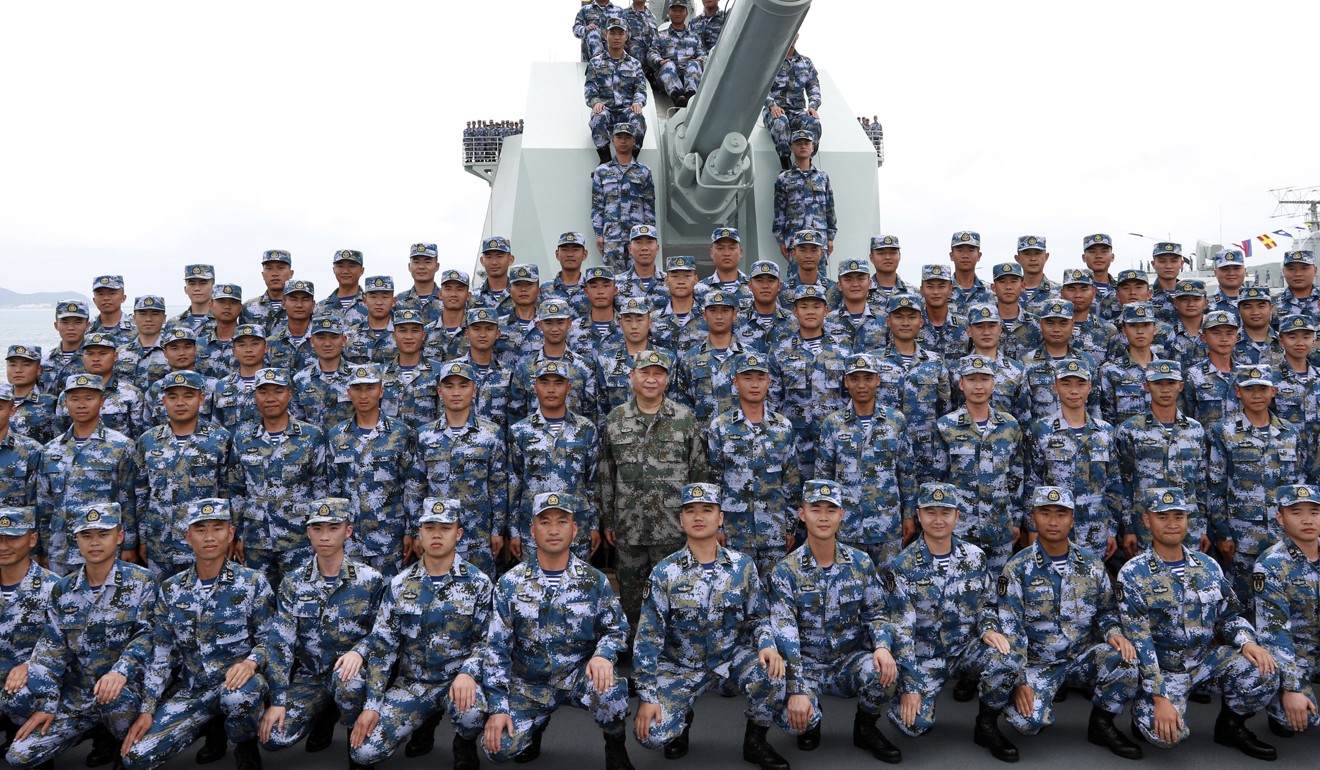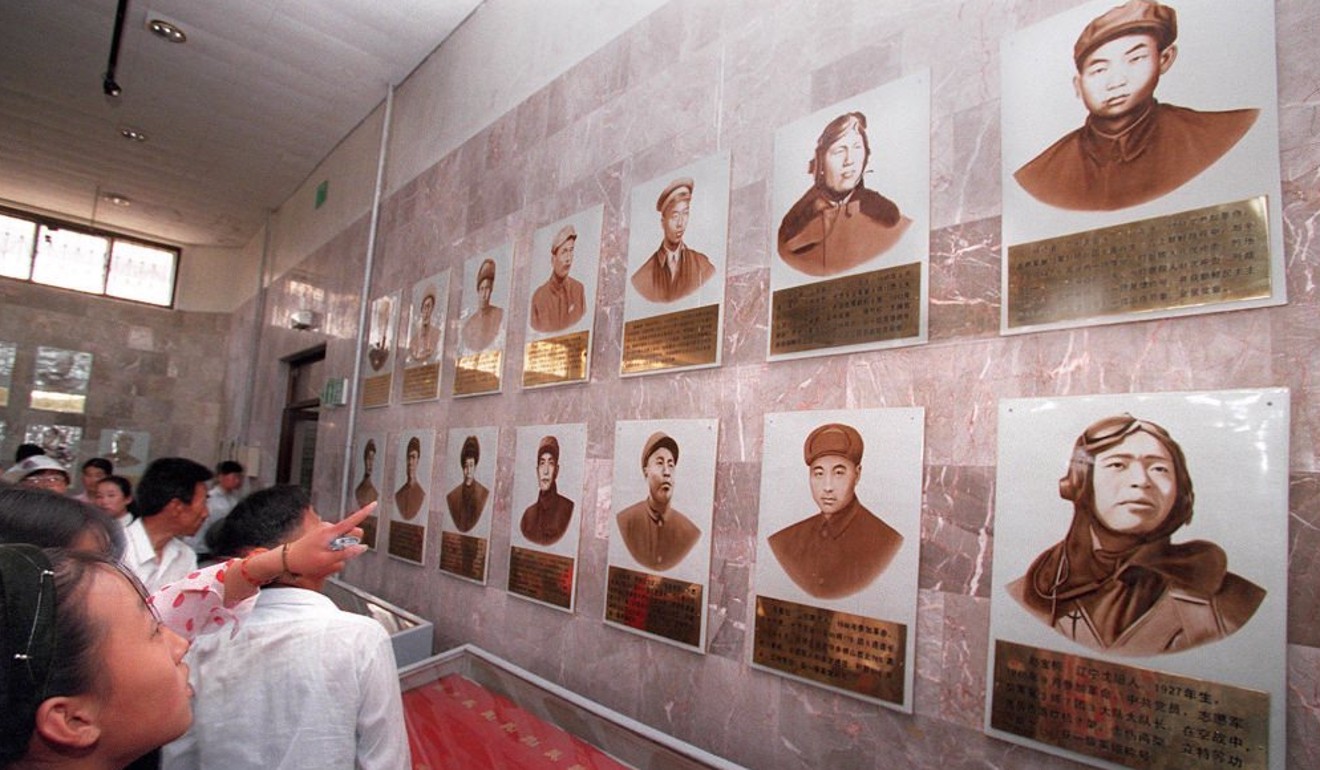
China’s new veterans’ law to be reviewed at National People’s Congress next week
- Campaigners welcome news as veterans of wars and nuclear programmes continue to fight for better rights
- Observers hope new legislation will also benefit 300,000 ex-soldiers laid off in military shake-up but fear it may fall flat at local level
China’s top legislative body is set to review the first draft of a new law designed to better protect the interests of the country’s 57 million war veterans, campaigners say, but concerns remain as to how effectively it will be implemented.
Li Xiao, a 64-year-old veteran campaign leader, said he had been told that the draft, which comprises 83 articles in 11 charters, had been submitted to the National People’s Congress (NPC), which begins its annual session on Tuesday.
“This is the law the veterans have been waiting for for decades, with many retired senior military officers pushing for it since the 1970s. Now, we finally see a ray of hope,” said the former artillery soldier who was involved in China’s nuclear tests from 1978 to 1981.
“My health was poor when I retired in 1981, and many of my colleagues also suffered from various kinds of cancers after retirement.
“But most of us never received any proper treatment, so we hope our problems will be resolved as soon as the law is ready.”

As a leader of campaigns in southeast China’s Anhui province, Li said he hoped the new legislation meant his fellow ex-servicemen no longer needed to take to the streets of their hometowns or travel to Beijing to air their grievances.
Professor Zeng Zhiping, a military law expert at Wenzheng College of Soochow University in east China’s Jiangsu province, said the legislation could be passed within the year.
“Making a law for the veterans was one of the key tasks of the military overhaul launched by President Xi Jinping that saw 300,000 military personnel, most of them senior officers, being laid off. So military leaders should do all they can to meet the deadline of completing it by 2020,” he said.
“But [even if they do] concerns remain as to how the law will be implemented at the local level,” Zeng said.

His worries are shared by other campaigners who accuse local governments of paying only lip service to the veterans and the law.
“The law will only be meaningful if it is implemented – every article,” said a retired colonel who provides legal assistance to campaigners and spoke on condition of anonymity.
“But officials – from senior leaders to grass-roots cadres – care only about pleasing their superiors and pay little attention to what the law says.
“My experience tells me that as soon as President Xi Jinping begins to focus on other issues, the veterans will be forgotten and their problems will become just another social issue.”

The new veterans ministry was set up in response to repeated calls for better treatment for those who fought in conflicts like the Korean and Vietnam border wars, as well as those, like Li, who worked with nuclear weapons.
On Tuesday, a new service centre operating directly under the ministry opened in Beijing to provide support for former service personnel on issues such as finding work and reporting grievances. Xinhua said similar offices would open soon across the rest of the country.
A retired colonel in Shanghai, who also asked not to be named, said the priority for the ministry and the service centres should be helping the 300,000 soldiers who lost their jobs in the shake-up initiated by Xi, who is also chairman of the Central Military Commission, in 2015.
“There hasn’t been much progress since the ministry was established. It has mostly just collected the veterans’ personal information and not followed up,” he said.
“We’re worried that the law will become a stopgap tactic and we’ll have to keep on waiting. [But] the war veterans and those who took part in the nuclear tests are getting old. We can’t wait much longer.”

